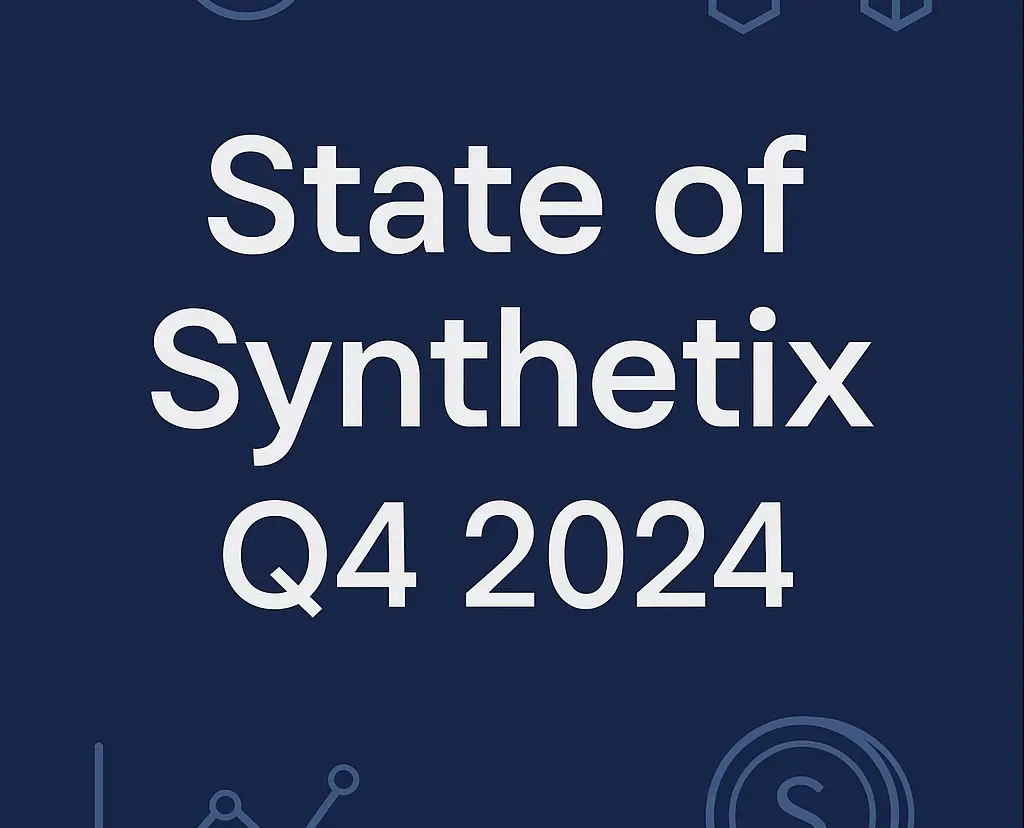Dialogue with Chainlink co-founder Sergey Nazarov: Building a bridge between TradFi and DeFi
Author: Anderson Sima, Executive Editor of Foresight News

Chainlink co-founder Sergey Nazarov, Image source: Chainlink
On the coast of Hung Hom, Sergey Nazarov gave a thumbs up to the audience below. As a co-founder of Chainlink, he has been active on the front lines of the blockchain industry from New York to Singapore and now to Beijing.
On October 30, the annual SmartCon summit of the oracle network Chainlink was held for the first time in Hong Kong. In his speech, Chan Ho-lam, Deputy Secretary for Financial Services and the Treasury of Hong Kong, expressed excitement about the innovative potential of blockchain and virtual assets, looking forward to more integration between virtual assets and the real economy.
In real life, Sergey Nazarov fits the stereotype of a tech engineer, always wearing a T-shirt or a plaid shirt. In an exclusive interview with Foresight News, he mentioned that he might seem a bit "strange" due to jet lag. Interestingly, he has an unusual curiosity about electronic devices, such as being concerned about the heat dissipation of laptops on desks.
Sergey Nazarov's blockchain journey began in 2011, when the blockchain industry was still in its infancy, with Bitcoin being the only existence. Nazarov initially encountered Bitcoin as a gaming enthusiast, but he was soon attracted by the decentralized philosophy behind Bitcoin. He realized that Bitcoin, as a global standard that does not require corporate support, could potentially exist for the next 100 years, which was unprecedented in the history of digital currency at that time.
With the rise of the concept of smart contracts, Nazarov saw the enormous potential of blockchain technology. He and his team chose not to compete with emerging platforms like Ethereum but decided to build an oracle network, a crucial infrastructure that did not exist at the time. The development of the oracle network provided a bridge for smart contracts to connect with real-world data and systems, greatly expanding the application scope of blockchain technology.
Nazarov emphasized that Chainlink has played an indispensable role in the rapid growth of DeFi (decentralized finance). With the support of Chainlink, the total value locked in DeFi surged from less than $100 million to a peak of over $200 billion. The services provided by Chainlink have become industry standards, enabling more advanced smart contracts and providing a solid foundation for the development of DeFi.
When discussing Chainlink's latest technological advancements, Nazarov specifically mentioned the Chainlink Runtime Environment (CRE). This technology can coordinate multiple blockchain technologies, similar to the applications of Cobalt and Java in the financial sector. He believes that the launch of CRE marks an important step for Chainlink in the integration and application of blockchain technology.
Additionally, Chainlink has made progress in privacy technology. Nazarov mentioned privacy managers and cross-chain privacy trading technologies, which are crucial for the integration of traditional financial systems and DeFi. By providing privacy protection, he stated that Chainlink enables more financial services to securely migrate to the blockchain.
Nazarov likened the CCIP (Cross-Chain Interoperability Protocol) that Chainlink has been promoting to the TCP/IP of the blockchain world. Just as TCP/IP unified the internet, CCIP provides a unified connection platform for different blockchains. Through CCIP, Chainlink makes cross-chain transactions and communications simpler and more efficient.
Nazarov also highlighted Chainlink's efforts in promoting the standardization of blockchain technology. He believes that standardization is key to the development of blockchain technology and a prerequisite for large-scale adoption. Chainlink is working with global regulatory agencies, financial institutions, and technology innovators to advance the standardization process of blockchain technology.
"We believe that through standardization, blockchain technology can better integrate into the existing financial system, bringing more value to the global economy," Nazarov said.
On the issue of tokenization of real-world assets (RWA), Nazarov pointed out that unlike cryptocurrencies, RWAs need to provide proof of authenticity and existence. Chainlink's role in this aspect is to provide the necessary proof and verification, enabling RWAs to be tokenized and traded on the blockchain.
Furthermore, Nazarov explored the application of AI technology in the Chainlink oracle network. He explained that AI excels at converting unstructured data into structured data that machines can use. Chainlink can run multiple AI models and compare their results to reach a consensus. This AI consensus mechanism is similar to how Chainlink processes price data, providing reliable data inputs for smart contracts.
Nazarov also shared some of his thoughts on the future development of blockchain technology. He believes that the development of blockchain technology is not just a technological iteration but a profound transformation involving finance, economy, and even social structures. He envisions that as blockchain technology develops, we will see a more open, transparent, and decentralized world.
"We are building not just technology, but a whole new economic model," Nazarov said. "Chainlink's mission is to be the bridge connecting traditional finance (TradFi) and decentralized finance (DeFi), allowing both to seamlessly integrate and jointly promote the development of the global economy."









